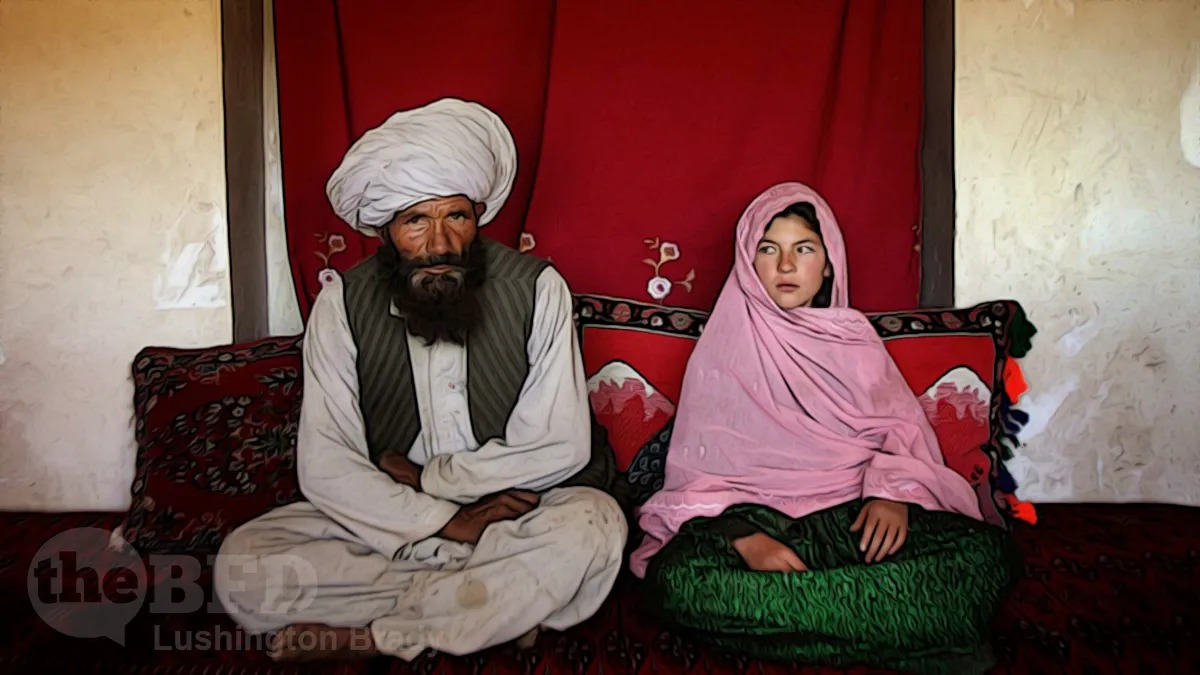Table of Contents
As scholar Wilfred Reilly says, in his book Taboo, there are some facts you’re just not allowed to talk about openly in the modern West. The disproportionate rate of black crime, for instance. The fact that police aren’t shooting scores of unarmed black men. There is no “gender wage gap”.
And let’s not ignore the great, big, rampaging elephant in the room: IQ and its correlations.
As Charles Murray found out the hard way, talking honestly about IQ and its correlations, especially with race, is a fast ticket to purgatory. Murray has been physically attacked on campuses and smeared as a “white supremacist”. Which is a bit odd, given that Jews and South East Asians on average out-perform whites on IQ.
But clearly what really outrages polite leftist society is the embarrassing fact that its Chosen People, blacks and Muslims, scrape the bottom of the IQ barrel.
As Thomas Sowell points out, in Race and IQ, some of this is almost certainly cultural. Irish and Italians were once on the lowest rungs of US IQ scores – today, they sit smack in the middle.
But only a real science-denier would deny the influence of biology. Not least the propensity of one particular low-IQ group for in-breeding.
[The] practice of wedding close relatives – known as consanguineous marriages – is common among Muslims all over the world, and particularly so in Britain. In Birmingham, almost 80 per cent of arranged marriages in the 70,000-strong community are cousin-to-cousin or uncle-to-niece.
Banging your cousins like a hillbilly with a lifetime Viagra supply is inevitably going to take its toll.
There is a high rate of infant death among Pakistani families and even higher rates of chronic disease.
Among the families of the Mohammed brothers, Raja and another related couple alone, there have been eight miscarriages. Of a total 19 children, nine suffer from some form of disability, ranging from serious, life-threatening diseases to hearing impairment […]
Studies reveal that infant mortality rates in the Pakistani community are 2.5 to three times higher than for any other group in Birmingham.
It certainly isn’t helping when specialists like Mamoona Tahir, a specialist registrar in public health for Birmingham health authority, make statements like this:
Tahir says: “There’s nothing wrong in marrying first cousins; as such, it doesn’t give rise to anything. But if you’re carrying a gene that you’ve inherited from an ancestor, and your partner comes from the same family and he has the same gene too, when you have children the genes find a pair and this allows certain groups of conditions, such as auto-recessive illnesses, to manifest metabolic conditions, such as phenylketonuria, galactosemia and cystinosis.
But that’s not entirely true. Cousin marriage more than doubles the risk of a child developing a birth defect. Keep it up for generations and you’re heavily loading the genetic dice.
Pakistani babies are 10 times more likely to suffer an inherited metabolic disorder than are other babies born in West Midlands. And Muslim children under one year old are almost twice as likely to stay in hospital because of congenital malformations than other Birmingham babies.
So, why are Muslims so hot on marrying their cousins?
“This custom is not based on religious practices,” explains Qari Tassawar ul Haq, general secretary of Birmingham’s Pakistan Forum. “It doesn’t say in the Koran that you should or should not marry your first cousin. Even though the Prophet Mohammed married his third cousin, we must not confuse cultural habits with religious doctrine.
That’s not the full story, though. As is so often the case when it comes to Islam, there’s a whole lot of pussy-footing and dissembling.
For a start, Islamic law strongly discourages marriage outside the faith. In fact, most schools of Islamic law expressly forbid a Muslim woman marrying a non-Muslim man. But, why cousins?
The Koran doesn’t expressly forbid cousin marriage, for a start. But neither does the Bible.
But the Koran isn’t the totality of Islamic scripture – and other Islamic scriptures do encourage cousin marriage. The Sunnah, the traditions and practices of Muhammad, constitutes a model for Muslims to follow. And Muhammad practised cousin marriage: he not only married his own cousin, but married his daughter off to her cousin.
Finally, Islamic inheritance laws lend themselves to cousin marriage. Rules dictate not just how much females may inherit, but also fixes shares of the estate for degrees of relationship. So, Islamic law being what it is, there is a strong inducement to keep the wealth in the family by, well, keeping it in the family.
Thankfully, some younger Muslims are choosing the welfare of their descendants over the dictates of culture and religion.
As head of his household, Raja has already broken with tradition and made the decision not to marry his 22-year-old son to a first cousin. “I’ve lost the support of some family members,” he admits. “They accuse me of bringing shame on our family because I chose not to take the risk. But I’d rather lose a cousin than marry my son to my sister’s daughter and end up with a child that will suffer for the rest of its life.”
The Guardian








